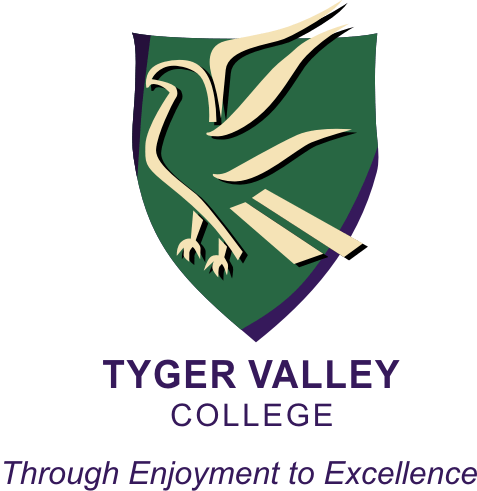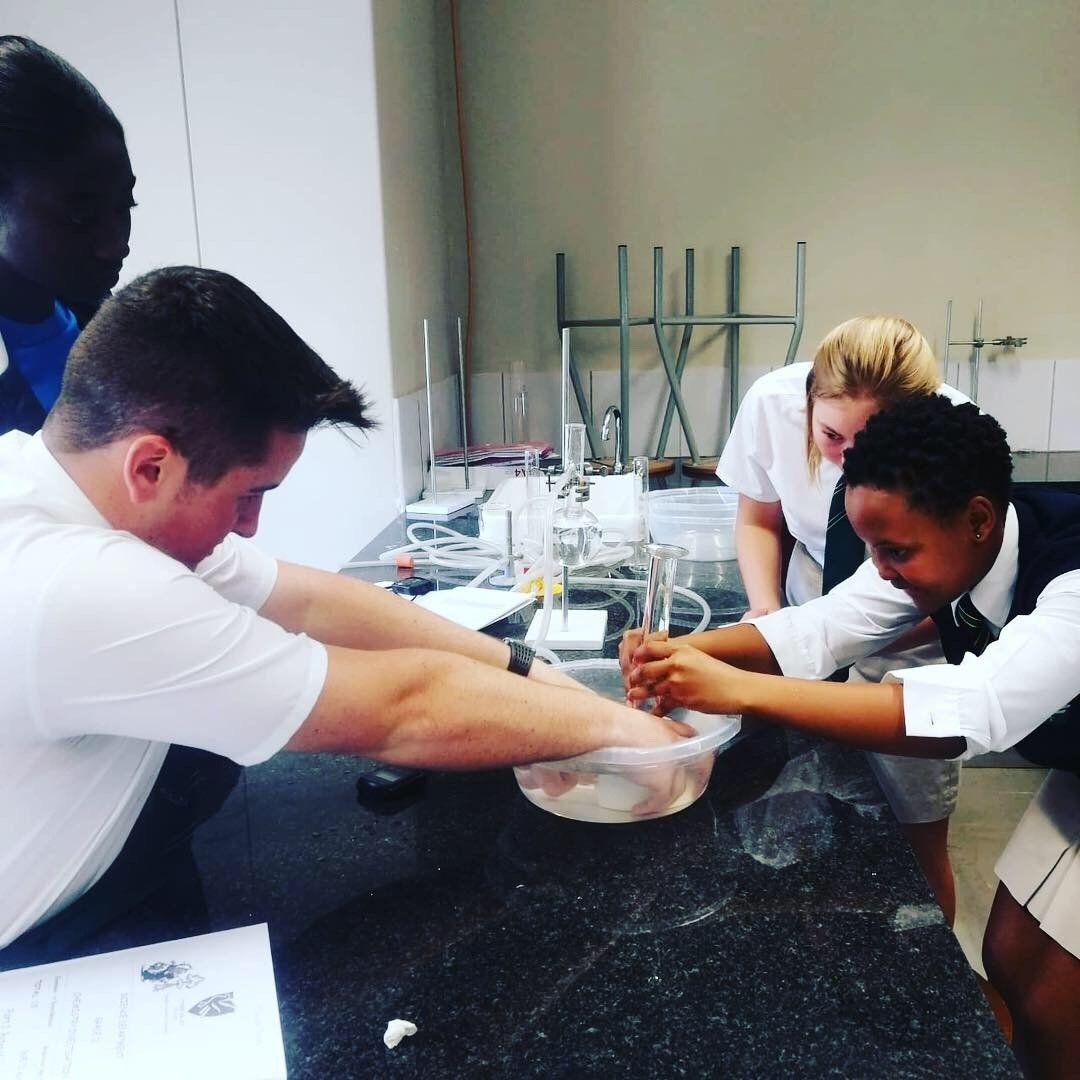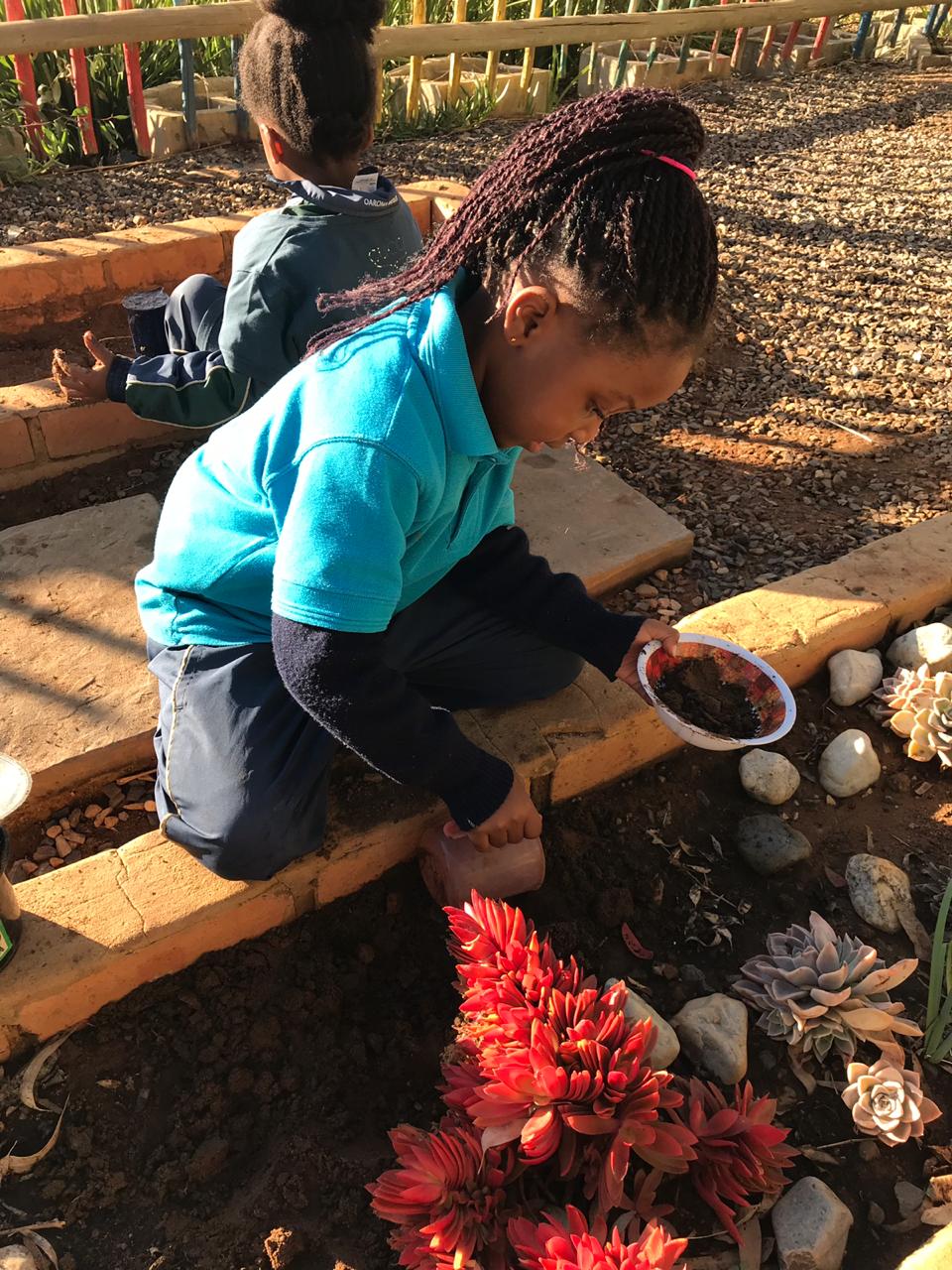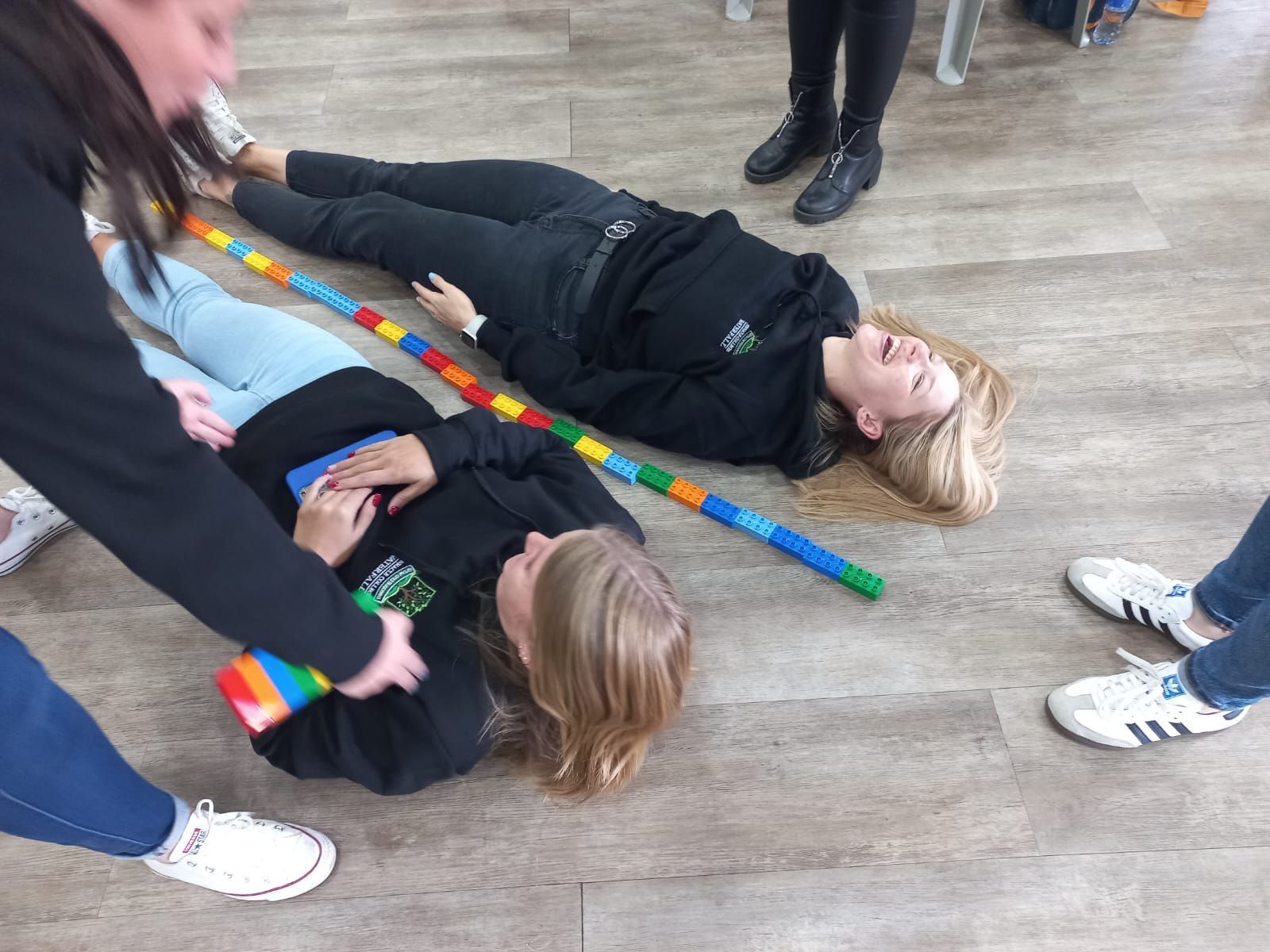
Grade 0000 - Grade 12
Pretoria East
Learning Environment
Through Enjoyment to Excellence
Our Pillars
Academics
Tyger Valley College is an IEB School offering the Independent Examination Board (IEB) for external assessment in Grade 12. Our teaching staff is a community of well-qualified professionals affiliated to the South African Council of Educators (SACE).
Sport
Tyger Valley College offers many different sporting activities and the School boasts a number of exceptional sporting facilities.
The Arts
As part of our goal to provide a well-rounded education, Tyger Valley College is proud to be able to expose our pupils to a variety of arts in a strong and diverse cultural environment.
Environment & Outreach
Tyger Valley College prides itself on being a community conscious school and boasts an International Green flag for being environmentally aware and meeting all expected criteria required for this honour.














































































































